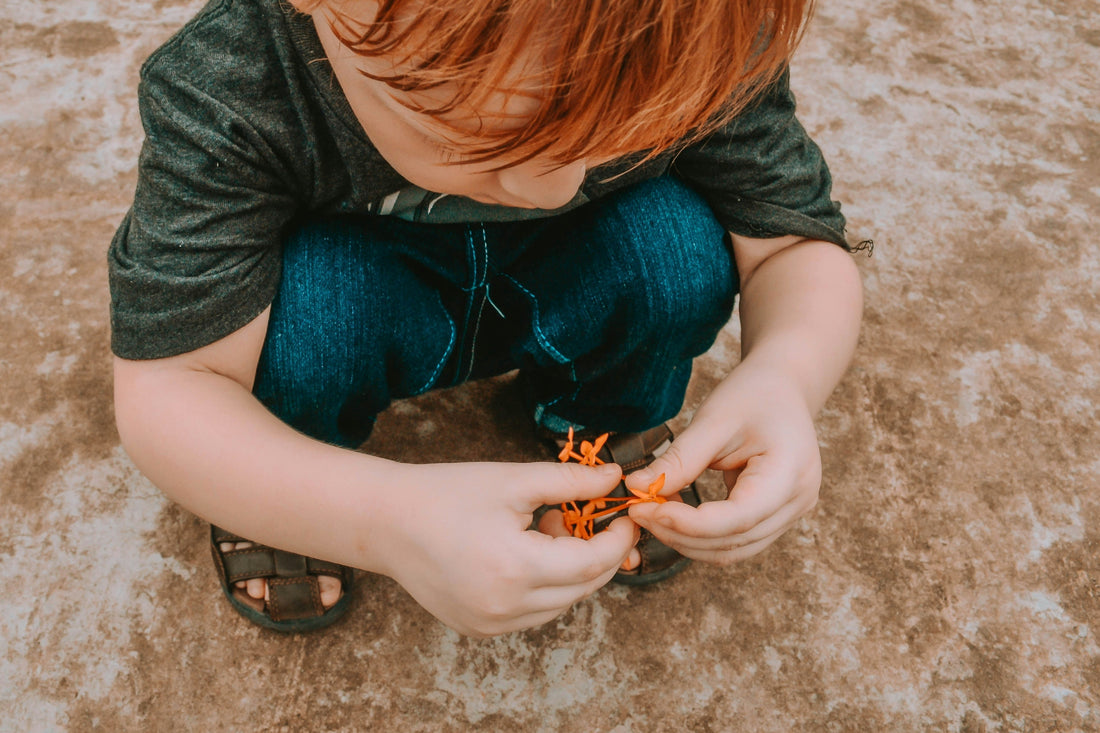
Montessori Sleutelprincipes: Natuurlijke wens om te leren
Delen
Wat is de natuurlijke wens om te leren?
Dit principe is gebaseerd op de overtuiging dat kinderen geboren worden met een innate drang en nieuwsgierigheid om de wereld om hen heen te begrijpen.
Leren is niet iets dat hen opgedrongen moet worden; het is eerder een vreugdevol, zelfgemotiveerd proces dat zich natuurlijk ontvouwt wanneer kinderen de vrijheid krijgen om te verkennen.
Waarom is het belangrijk?
Het vertrouwen in de natuurlijke wens van een kind om te leren, legt een basis voor een levenslange liefde voor kennis. Deze interne motivatie is veel krachtiger dan welke externe beloning of straf dan ook.
Wanneer kinderen de vrijheid krijgen om hun interesses te volgen, ontwikkelen ze sterkere concentratie, een gevoel van doel en diepere betrokkenheid bij hun activiteiten.
Hoe het thuis toe te passen
Volg hun lead
Observeer waar je kind in geïnteresseerd is—of het nu gaat om water gieten, blokken stapelen of naar insecten kijken—en bied kansen om die interesse te verkennen.
Bied open materialen aan
Bied speelgoed aan dat op meerdere manieren kan worden gebruikt, zoals blokken, klei of eenvoudige kunstbenodigdheden, om creatief en fantasierijk spel aan te moedigen.
Onderbreek niet
Als je kind diep gefocust is op een activiteit, vermijd dan om hen te onderbreken met vragen of lof. Laat hen hun werk afmaken en de voldoening ervaren van het voltooien van een taak.
Beantwoord met enthousiasme
Wanneer je kind vraagt "waarom?", beantwoord hun vragen met enthousiasme en oprechtheid. Behandel hun nieuwsgierigheid als een cadeau.
Speelgoed dat nieuwsgierigheid prikkelt
Ontdek speelgoed in onze collectie dat jouw en je kind's nieuwsgierigheid prikkelt.

